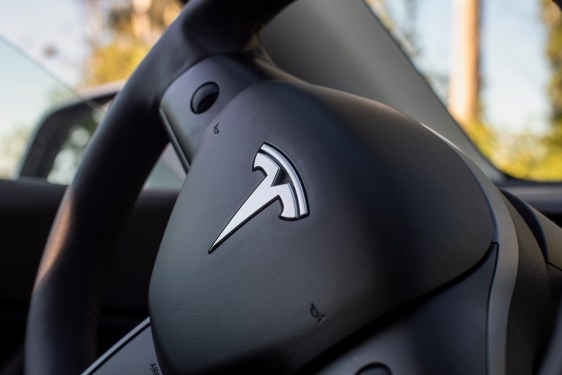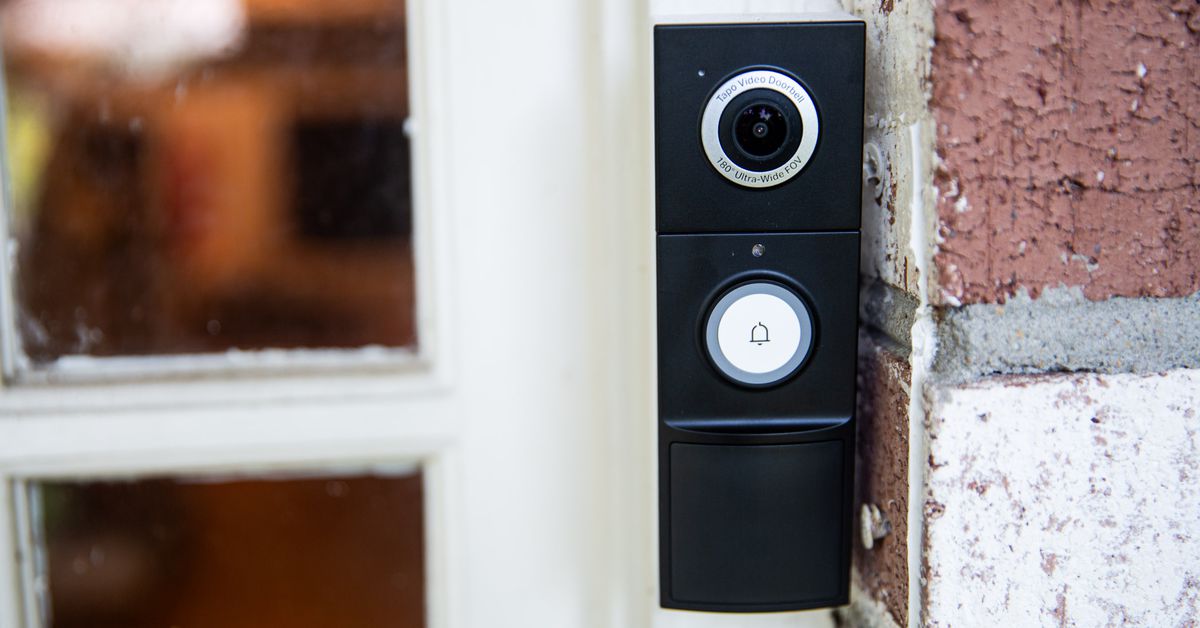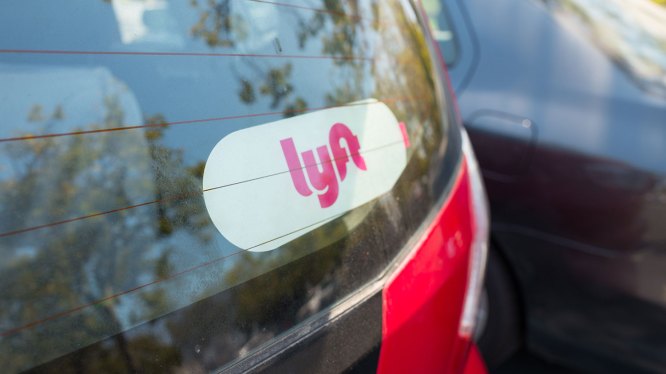As Tesla prepares to launch a robotaxi service in the coming years, the automaker is quietly building out a teleoperations team. According to a recent job listing, Tesla is hiring a software engineer to develop a teleoperations system that will allow human operators to remotely access and control the company’s upcoming robotaxis and humanoid robots.
The Teleoperations System: A Crucial Component for Robotaxi Deployment
The existence of such a team is significant for two reasons. Firstly, it signals that Tesla might be serious about deploying its robotaxis on public roads. Secondly, it deviates from Tesla’s previous rhetoric of self-sufficiency. In the past, Tesla CEO Elon Musk has emphasized the company’s ability to achieve full autonomy purely through advanced neural network training and camera-based perception, without reliance on human intervention.
Teleoperations as an Essential Building Block for Robotaxi Deployment
Most in the autonomous vehicle world regard teleoperations as an essential building block for rolling out self-driving cars on public roads. Companies like Waymo, which operates a commercial autonomous ride-hail service in several U.S. cities, already have teleoperations systems in place to handle certain edge cases, like construction zones, collisions, and hardware failures.
The Value of Teleoperations: Training Data for Level 4 Autonomous Operations
The decisions made by remote operators are also a valuable source of training data for Level 4 autonomous operations (SAE defines L4 autonomy as a system that can drive itself under certain conditions without needing a human to take over).
Tesla’s Previous Experience with Teleoperations: The Optimus Bot
While Tesla isn’t exactly new to teleops, the requirements for remotely operating robotaxis would be different. For example, the user interface and controls for robotaxis would likely mimic driving controls and have features like real-time mapping and decision-making support for complex situations.
Tesla’s Robotaxi Prototype: A Cybercab with a Promising Timeline
In October 2023, Tesla revealed its robotaxi prototype – a Cybercab that’s built without a steering wheel or pedals and can carry two passengers. Musk said at the event that Tesla would begin production on the vehicle in 2026 or 2027, but given his history of overpromising, this timeline should be taken with a grain of salt.
The Launch of Robotaxi Service: A Timeline to Watch
Musk has also said he hopes to launch a service that will let people hail self-driving Teslas in California and Texas sometime in 2025. However, it’s not clear whether Tesla’s burgeoning teleoperations team will be responsible for assisting only the purpose-built robotaxis or also Tesla vehicles owned by regular people on the roads today.
Tesla’s Previous Claims: A History of Overpromising
Musk has repeatedly claimed that Tesla vehicles with existing hardware would one day be able to drive fully autonomously with just an over-the-air update. However, this timeline has been pushed back multiple times, leaving some to question whether the company can deliver on its promises.
Conclusion: A Step Towards Robotaxi Deployment
The formation of Tesla’s teleoperations team is a significant step towards the deployment of robotaxis on public roads. While there are still many challenges to overcome, this development suggests that Tesla is taking its commitments seriously and making progress towards its goal of launching a robotaxi service in the near future.
- Toyota’s Next-Generation Cars Will Be Built with Nvidia Supercomputers and Operating System: Toyota has announced plans to integrate Nvidia’s Drive Hyperion computing platform into its next-generation cars, enabling more advanced autonomous driving capabilities.
- Flying Flea Electric Motorcycles Will Feature Connected Services Powered by Qualcomm: The Flying Flea electric motorcycle will feature a range of connected services powered by Qualcomm’s Snapdragon Ride Platform, enhancing the rider experience and improving safety features.
- Sony-Honda’s Afeela EV Will Start at $89,900: Sony-Honda has announced pricing for its new Afeela electric vehicle, with a starting price of $89,900. The Afeela will feature advanced autonomy capabilities and seamless integration with other Sony devices.
Stay up-to-date with the latest news in transportation by subscribing to our newsletter: TechCrunch Daily News



